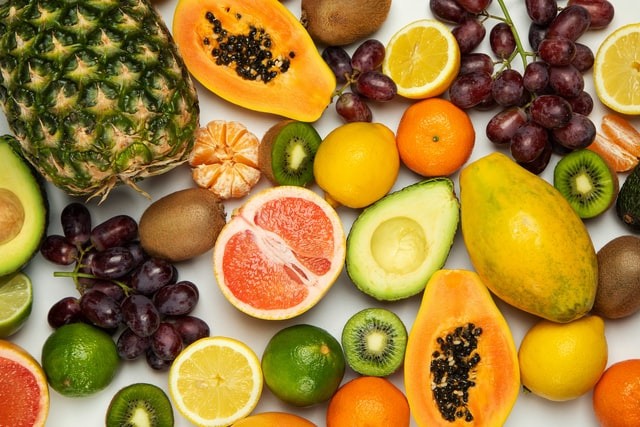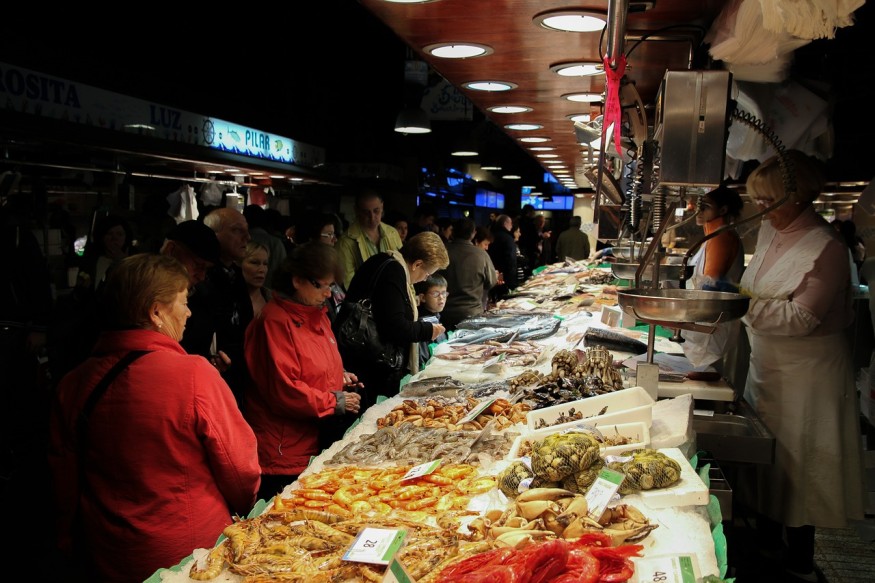According to a new study, the interplay of Earth system processes makes one of the main stresses on our planet, food production, much more difficult.

The research was released in the journal Nature Sustainability.
Natural Processes
Natural processes are interactions between the environment, animals, and plants. Natural communities are formed and influenced by these interactions, which include photosynthesis, pollination, decomposition, and others.

Virtually none of the natural processes work in isolation from one another because they are interconnected in a complex web.
For instance, topsoil results from several natural processes, from weathering to decomposition, working together across numerous time intervals. A change in one process can impact another: a climate change may alter the rate at which the bedrock weathers, which may alter the form of the landscape and the amount of soil that accumulates or is washed away.
Making Earth Liveable
The natural processes that make the planet livable and useful are called earth system processes. This encompasses activities in the many biospheres, such as the sequestration of carbon in forests or the runoff of nutrients into freshwater systems.
These processes interact, which pushes their limits and affects how well they work.
Pushed to the Limits
According to co-author Dr. Steven Lade of The Australian National University, "food production is a key driver of environmental stress, including biodiversity loss, the climate, and overexploitation of marine resources."

By evaluating the interactions between Earth system processes, we can ensure they are considered when developing and putting food production and agricultural policies into practice.
The study at Finland's Aalto University evaluated and characterized numerous Earth system processes and highlighted how they might be used to develop more sustainable food production methods.
Frequently Disregarded
The study emphasized several significant interactions that are frequently disregarded, such as the influence of green water on biodiversity and food production.
The term "green water" described the water accessible for plant growth and kept in the soil. According to Dr. Lade, it interacts with and controls all other processes, including those involving the land, biodiversity, and water movement.
We must take steps to make sure we handle these varied interactions. Better communication is required, which calls on authorities in charge of issues like farm and marine policy to interact.
To manage sustainable food production without pushing the limits of our natural systems, we must adopt a holistic approach. We must consider more than simply land and water as inputs for food production.
According to the researchers, difficulties are caused by a high density of interconnections between the marine, freshwater, and terrestrial biospheres.
Can Food Production be Sustainable?
It is necessary to acknowledge these interactions and boundaries to keep the Earth's system stable and resilient. According to Dr. Lade, there are specific circumstances in which human demands may already have taken the Earth system beyond its acceptable functioning range.
Production of sustainable food is more difficult due to system interactions. However, because of this interconnectedness, taking positive action may have a significant knock-on effect.
Related Article : Artificial Photosynthesis May Help Combat Food Shortage by Producing Food Without Sunlight
For more news update about alternative lifestyle and the environment, don't forget to follow Nature World News
© 2025 NatureWorldNews.com All rights reserved. Do not reproduce without permission.





